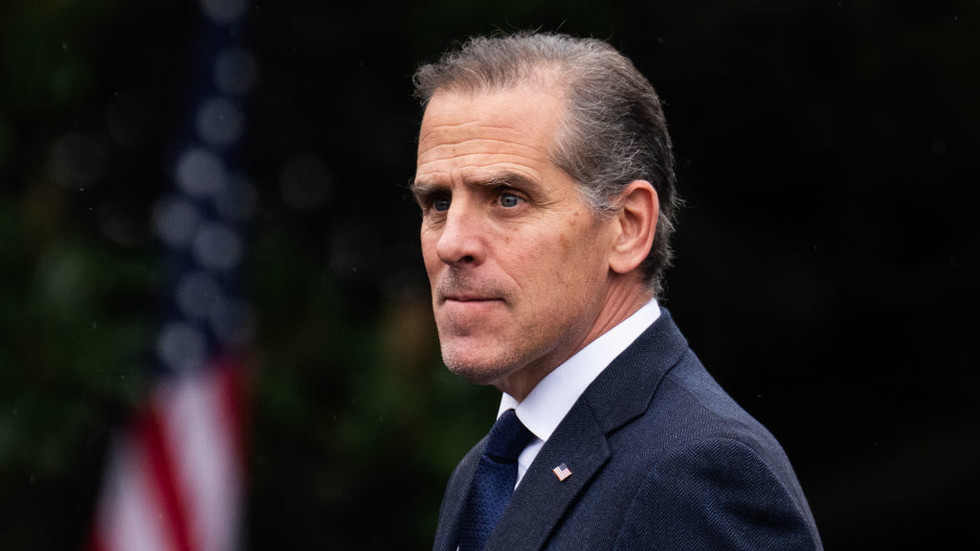The recent pardon of Hunter Biden by President Joe Biden has ignited significant debate, particularly concerning the motivations behind this controversial decision. Tara Reade, a former aide to President Biden, has expressed that the pardon was not a spontaneous act but rather a calculated strategy designed to shield the Biden family from potential corruption charges. In a recent discussion, Reade emphasized that the pardon is emblematic of a broader issue of perceived double standards in the justice system, suggesting that Biden operates under the belief that the rules do not apply to him or his family. This assertion aligns with Reade’s broader critique of what she describes as a “two-tier justice system,” wherein political elites and their families evade accountability for their actions.
The context surrounding Hunter Biden’s legal troubles adds another layer to this situation. Hunter faced convictions related to his firearm application, stemming from his well-documented battle with addiction, along with multiple charges related to tax offenses. With pending sentencing, the recent pardon applies not only to these felony counts but ostensibly to any potential future charges until December 2024. Reade’s commentary on this issue suggests that the pardon was strategically timed to coincide with Hunter’s legal challenges, reinforcing her view that the pardon serves a dual purpose: protecting Hunter and, by extension, insulating President Biden from any implications of wrongdoing.
Reade’s reflections on her time working for Biden reveal a deeper critique of the political landscape and its corrupting influence. By alleging that the Biden family is part of a network of corrupt politicians who benefit from systemic injustices, Reade paints a portrait of a political elite entrenched in corruption and self-dealing. This indictment of the Biden family is fortified by the suggestion that the ongoing conflict in Ukraine serves as a “money-laundering operation” wherein the Biden family allegedly stands to gain. Such assertions fuel narratives that depict the president as a leader complicit in dubious dealings for personal gain.
The backlash against the pardon has been swift and fierce, particularly from Republican politicians and critics of President Biden. They argue that the president has breached his earlier commitments to uphold justice and accountability, which are central tenets of his political platform. The move to pardon Hunter, while legally permissible, is seen by many as a hypocritical act that undermines Biden’s stated values and promises to confront corruption and promote ethical governance. Such criticisms amplify the perception that Biden and his administration are not only failing to live up to their ideals but are also engaging in practices commonly associated with political elites.
As public response continues to unfold, the implications of this pardon extend beyond the immediate legal ramifications for Hunter Biden. It raises critical questions about the integrity of the American justice system and how political connections can influence legal outcomes. Reade’s assertion that this pardon is a “mafia-style move” encapsulates a sentiment among critics that highlights the troubling intersection of politics, privilege, and accountability. In an era when public trust in government institutions is waning, actions like this pardon can reinforce perceptions of elitism and trigger widespread disillusionment with the political status quo.
The overarching narrative emerging from this controversy reflects a profound concern about systemic corruption and the erosion of trust in leadership. While President Biden may argue that he is upholding family loyalty and ensuring his son receives fair treatment, critics like Reade contend that this action is a stark reminder of the privileges associated with political power. As discussions about accountability, justice, and corruption dominate the national discourse, questions about the ethical implications of such pardons will likely reverberate in American politics for some time, shaping the dialogue as the nation approaches future elections and policy reforms.

